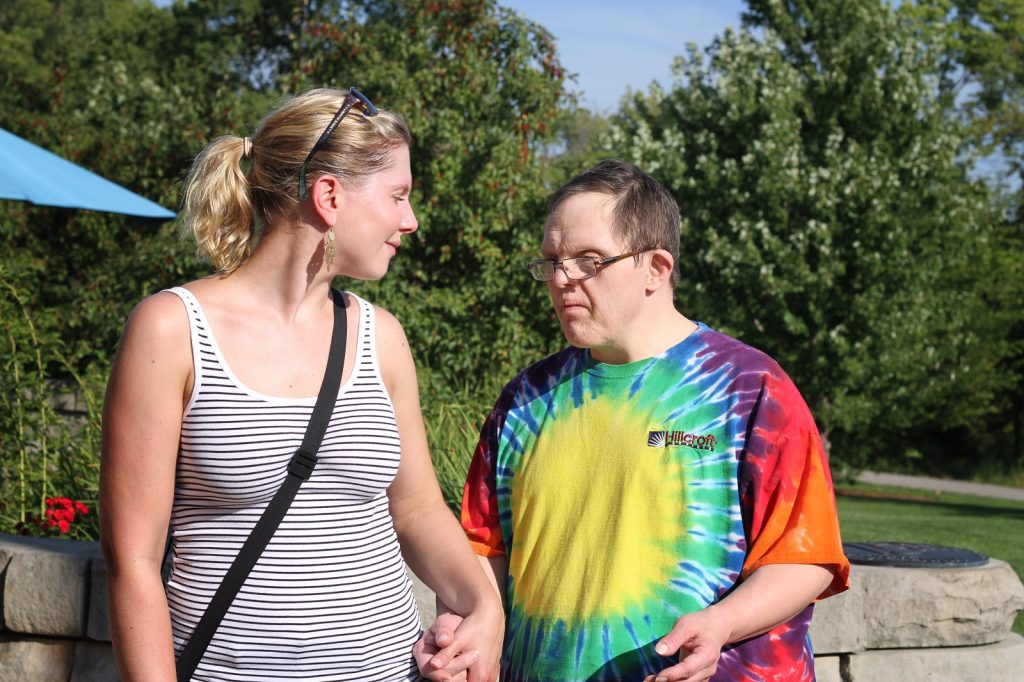My name is Sarah Connolly. I’m the editor of the Facing Intermission Project. I moved to New York City to pursue a career in theatre and like millions of arts workers, from actors to lighting designers to ushers, in March of 2020, I lost my job. People have given their entire professional lives to an industry that the coronavirus brought to a screeching halt.
This project highlights the stories of those who are impacted by the shutdown of the Theatre industry. I hope you’ll volunteer with the project to share your story or help someone share theirs or contribute to the publication of our book.
About The Facing Intermission Project
In this period of isolation, it is more important than ever for us to connect with one another and feel a sense of belonging and togetherness. That’s where this project comes in. Facing Intermission: Stopping the Show & Resetting the Stage will serve as a space for professionals working in all corners of the industry to share their thoughts, fears, hopes, and dreams about what post-pandemic theatre will look like and how they have coped and are coping with this moment of extended pause and increased time for reflection
This unprecedented disruption has left millions out of work. The live, in-person nature of theatre makes it difficult to envision a world in which the industry looks exactly like it did in February and early March of 2020. From Zoom readings to socially-distanced outdoor performances, many artists pivoted to projects that enable them to work, though less frequently and actively, while simultaneously adhering to public health guidelines. Others continue to feel a sense of loss and despair that the field in which they once dreamed of succeeding will never look the same and might not have space for them. Others worry about the financial viability of going over a year without working in hopes that the industry might regain some sense of normalcy. Still, some see this pause as an opportunity to take the time and space to rethink and reshape the entire field, finding ways to make it more accessible to people around the world and easier for young artists, particularly young artists of color, to succeed without taking a serious financial hit. As reopening theatres around the world begins to feel more and more like a tangible possibility, artists must ask themselves, how do we want to rebuild?
Volunteer to share your story or help someone share theirs by acting as a listening partner. Partners will transcribe stories into first-person text, and these stories will be shared on The Facing Project site, archived at Ball State University, considered for the Facing Intermission book and Zoom performance, and could even be selected for The Facing Project radio program on NPR. The goal of sharing these stories is not only to cultivate a sense of belonging among isolated artists, but to increase awareness about the struggles that many artists are facing and instill hope that, despite this moment of unprecedented uncertainty, the theatre community can come out of this time stronger than ever before and build a more inclusive and equitable industry on the other side.
The Facing Intermission book which will be available in paperback (if we are able to raise enough funding) and as an ebook, and could even be selected for The Facing Project radio program on NPR.


